The latest blog update can be found here

Researchers at Nottingham University would like to invite you to the fourth Memory Machine workshop, as part of a series of workshops that explore how new technologies can help us preserve memories that are important for us. You’re welcome regardless of whether or not you attended previous Memory Machine workshops.
Sarah Martindale – media researcher – will lead the interactive and creative workshop which will take place on Thursday 22nd of November, 12.00 – 4.00 pm at the Institute of Mental Health, Jubilee Campus.
Participants will receive a £10 high street shopping voucher as a thank you. Travel expenses to the venue will also be covered with lunch and refreshments provided.
For the entirety of my adult life, I’ve been studying culture, based on the conviction that media products (however ‘mindless’ and ‘disposable’ many claim them to be) play an incredibly valuable role in all our lives. This is because they are bound up inextricably in our wider experiences of the world, of other people, and in our emotional reality.
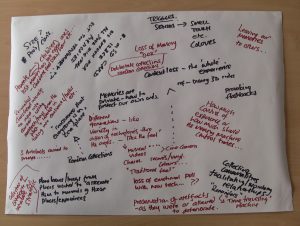
It’s easy to identify moments from my own life that illustrate this point. Anaesthetising my teenage anxiety, while I waited to hear if I’d got my University place, by concentrating instead on the characters in a favourite book, Annie Proulx’s The Shipping News. Escaping to Middle Earth after my PhD examination by watching the Lord of the Rings Trilogy (extended editions) back-to-back. Euphorically dancing around the flat with my newborn daughter to Paolo Nutini’s Pencil Full of Lead singing “best of all, I got my baby”.
These formative experiences that stick in my memory are linked to and enriched by the media I consumed in those moments. And perhaps the stickiness of those memories is reinforced every time I encounter that content again. Certainly particular pieces of media trigger particular memories, and that nostalgia can be quite visceral. For example, Beyoncé’s Crazy in Love reimmerses me in another swelteringly hot summer – 2003 – when that hit single seemed to be continuously blasting through the open windows of every vehicle in London.
Lots of amazing, imaginative work is being done to take advantage of the propensity of media to ‘transport us’ in time and space, especially when memories and/or media become harder to access. The WAYBACK is a virtual reality film, funded by £35,000 pledged to a Kickstarter campaign, that recreates Coronation Day 1953 to help those living with Alzheimer’s and their carers recall the conversations, music and atmosphere of a street party. In situations when people’s cultural worlds become restricted, digital apps can also help maintain access to content and all its benefits. Armchair Gallery is developing an app to enable digital access to, and creative interaction with, artworks in collections for those who cannot physically visit them.
What excites me about the Memory Machine idea is imagining an in-home media repository cum player that could automatically connect personally important content (e.g. a pop song) with a period of time (e.g. when you added it to your music collection or listened to it a lot) and with other contemporaneous media (e.g. a film or advert of the time that featured the song). This has the potential to generate multi-layered, multimedia connections between individual and historical context. More than that, a system that could link one person’s cultural experiences with those of people around them would also transcend the artificial limitations we all apply to media on the basis of personal taste. I think it would be wonderful if my daughter could one day, as an adult, get a sense of the love and joy she brings me by being played a pop song from ‘before her time’.
Written by Dr Sarah Martindale
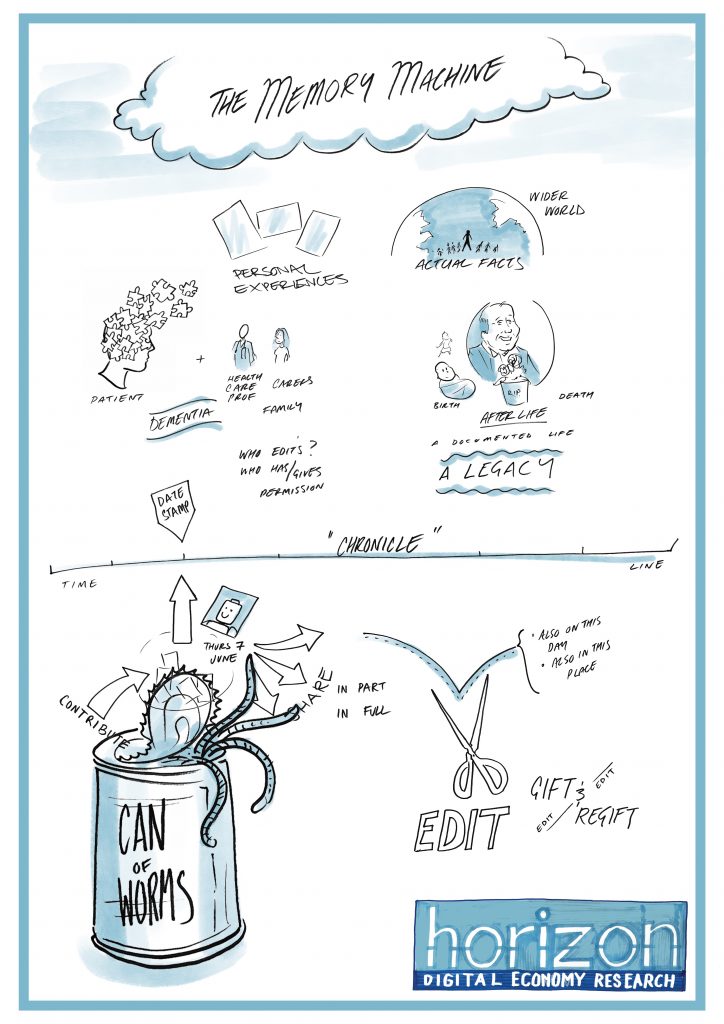
Our workshop began with lunch followed by a short introduction from Elvira and Neil. They provided an overview of the Memory Machine project and addressed some myths about dementia. While it is a common perception that dementia is all about loss of memory, dementia affects everyone differently. Some people’s memory may not be affected, on the other hand, they may experience other physical and mental health problems. So we shouldn’t make assumptions that people with dementia will have poor memory. The positive side is that recalling memories can strengthen a person’s sense of identity, and this could help to cope with dementia symptoms.
Accordingly, our project aims to capture not only personal memories but also essence, identity and the indiscernible. Rachel presented a display exploring different tools that help us ‘remember’ in different ways and told stories relating to some of the objects she had bought in, including a box of photos and letters, a drawing of her grandmother, an old Thunderbird Toy and an old 1950’s camera! She talked about some existing digital and online memory tools such as Facebook and Google and addressed how we manage the way social media triggers and presents us with ‘memories’.
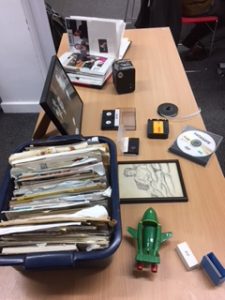
Our first activity involved discussing the tools we use to remember things, why we use them, what was special or helpful about them and why do different tools make people feel differently about their memories?
We had been asked to bring along a keepsake that evoked positive memories to the workshop – something we would be happy to share with others and these started some interesting discussions – in particular around why remembering these particular memories are important for our well-being. Our table identified how people collect keepsakes in different ways – one person had ‘collections’ of toys, badges and musical instruments that they nurtured and which were a big part of their lives, whereas another person had keepsakes that were emotionally attached to home, childhood and the people in her life. Everyone agreed their objects produced memories or experiences of nostalgia.
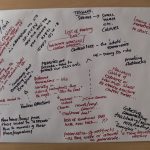
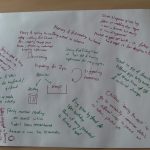
We needed a short refreshment break before getting to task with trying to make a blueprint of what we thought a ‘Memory Machine’ would involve – how to present memories as part of a digital memory machine; would we want analogue memories, such as photographs or letters? What would we do with positive and the negative memories, how would we use these memories now and also in the future? It was a difficult task to think about how a memory machine might work as an actual physical object in terms of ‘inputs’ and ‘outputs’, however we had a go and some fascinating ‘blue sky’ models and designs were created. Not a bad output for what was a really enjoyable afternoon!
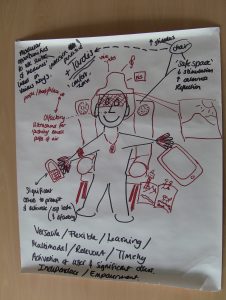
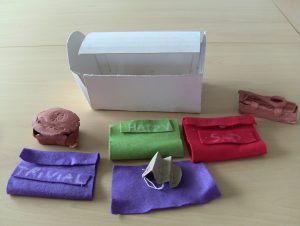
We are pleased to announce the adoption of ALFE (Active Lifestyle for Everyone). ALFE becomes the 4th project to join the Horizon services campaign.
Sedentary behaviour in the population is an increasing problem that urgently requires addressing. It is estimated that an inactive person will have a lifespan on average 15 years shorter than an active person, and that the inactive person will spend approximately 25% of their lifespan suffering with a chronic illness. Such reductions in overall health and quality of life, unsurprisingly, have a significant impact upon public services, including the NHS and social care networks.
ALFE is a pilot study to gather evidence to support the design and implementation of an assistant service to engage with consumers in order to increase levels of physical activity in population considered ‘hard to reach’ through existing methods.
![]()
Project Lead: James Pinchin, Transitional Assistant Professor, Horizon Digital Economy Research